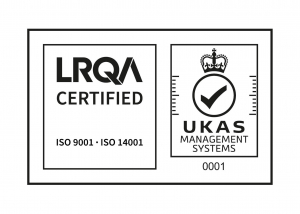Case Study:
Valorgas project
AeroThermal has made a major contribution to a study examining the effectiveness of various pre-
The studies, which were partially funded by the EU, included small scale tests in Finland on material processed in our pilot scale autoclave in Poole, and larger scale tests over an extended period of time in a Biogen Greenfinch digester at Ludlow.
The latter tests required the regular autoclaving and transportation of substantial quantities of source-
These tests have shown consistent results and have concluded that autoclaving has a number of beneficial effects on food waste which is destined for use as a feedstock for anaerobic digestion.
The key benefits are:
- Lower ammonia concentrations
- Lower VFA concentrations
- Lower H2S concentrations
- Reduced pathogen levels
- High digester loading rates without the addition of trace elements
- Removing the requirement for shredding, sorting and pasteurisation
This project concluded that autoclaving, using the AeroThermal methodology, is particularly suitable for:
- Thermophilic digestion where trace element addition is less effective
- Feed stocks with high protein content
- Poorly sorted and contaminated feed stocks
At AeroThermal, we’re investing in our planet’s future.
Our vision is to maximise recycling, turn waste into green energy, and minimise the amount of waste going into landfill whilst also reducing harmful carbon emissions.
If, like us, you want to invest in a greener future and make a return, we’re happy to talk about our waste system and the opportunities it presents.




